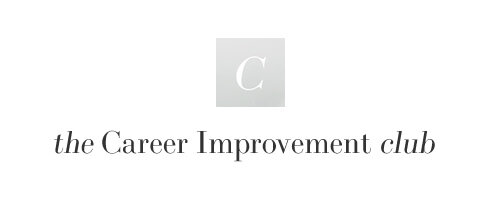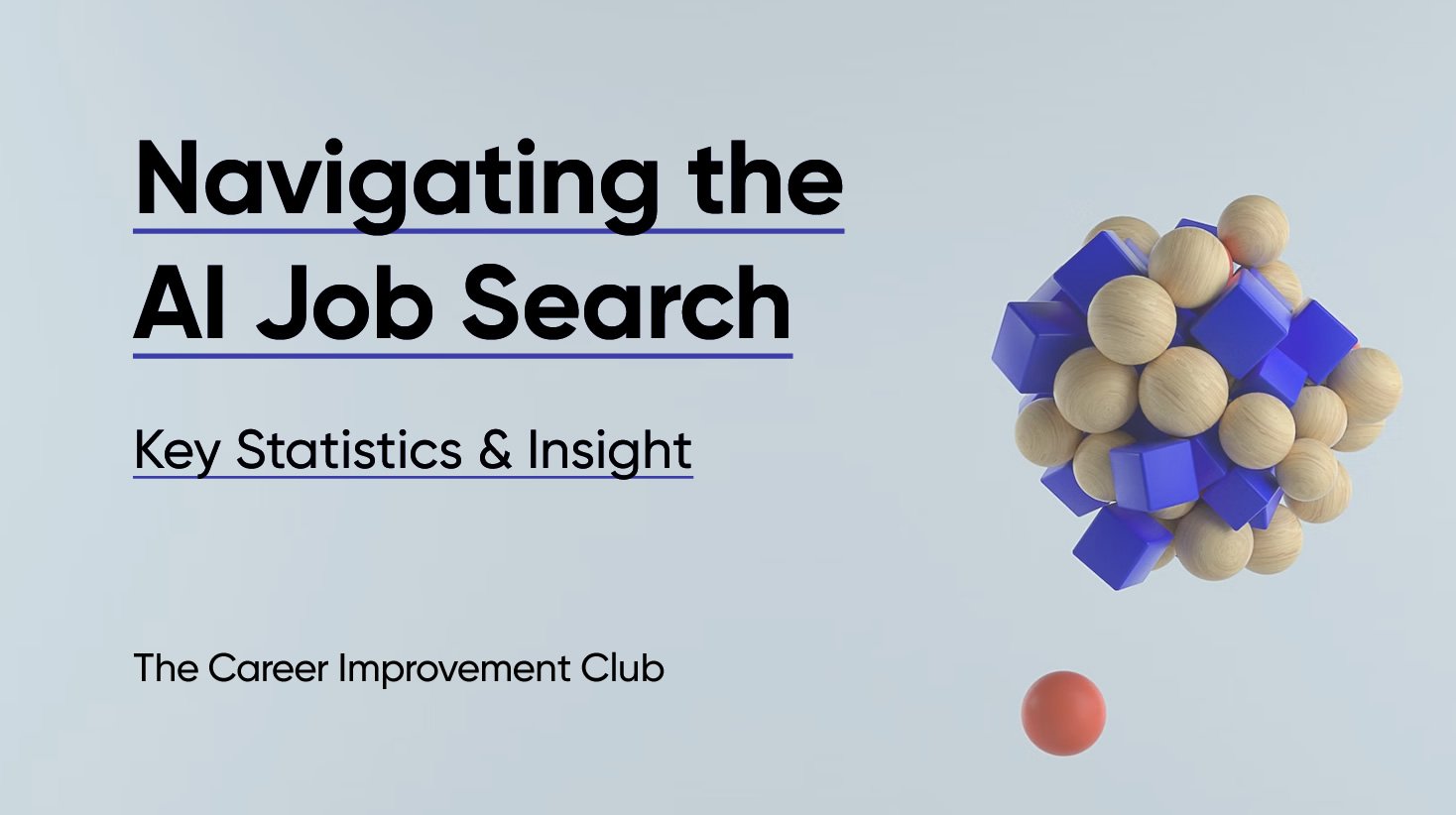With the rise of artificial intelligence (AI), employers and job seekers are needing to navigate a new landscape of hiring tools and techniques. In this post, we'll explore key AI job Search Statistics and insights that can help job seekers make the most of the AI job search as well as understand the mindset of employees..
THE JOB LANDSCAPE IS EVOLVING
The world of work is changing, right in front of our very eyes the rule book is being re-written and re-defined. It seems that almost overnight whole swathes of established professionals are wondering what the future holds in store for them.
In a recent report published by OpenAI (the platform behind tools such as ChatGPT), they worringly highlighted over 70 professions which are 100% exposed to the advancement of AI.
That's right, 100% exposed and at risk, and these aren't low skilled jobs either, they include serious professions from Copywriters to Web Designers, Tax Auditors to Translators. It's a diverse and comprehensive list.
And consider this, we haven't even got out the starting blocks yet, what is the technology going to look like in 4, 5 or even 10 years time. It's no wonder that 1100 of the tech elite have called for a slow down on further development until we can understand the impact it's going to make. Included in the letter they ask the question:
Should we automate away all the jobs, including the fulfilling ones?
We are at the dawn of a crazy new era, and as we approach it let's read into the mindset of both the job seekers and employers.
AI JOB SEARCH STATISTICS & INSIGHT
By 2025, 50% of the job seekers will use AI-powered job search assistants (Gartner)
Job postings for AI-related positions have increased by 119% in the last three years (Glassdoor)
40% of job seekers believe AI will help them find a job more quickly (Kelly Services)
72% of job seekers believe AI could help them find a better matched job for their skills (Monster)
RECRUITMENT AI STATISTICS & INSIGHT
In a survey of HR managers by CareerBuilder, 55% of respondents said they plan to incorporate artificial intelligence into their recruitment process by the end of 2021.
63% of business leaders believe AI will have a greater impact on their businesses than the internet did.
70% of recruiting professionals believe AI will revolutionize how they work, (Montage)
46% of recruiters believe artificial intelligence will have the biggest impact on recruiting in the next five years (LinkedIn).
51% of employers expect to make job cuts in marketing (sortlist)
57% of employers said they use artificial intelligence in their recruitment process (Indeed).
33% of companies are already using some form of AI for recruiting and talent acquisition (Deloitte).
71% of recruiting professionals said they already use AI for candidate screening (Talent Tech Labs).
A report by Cognizant found that 60% of HR leaders believe AI will create better candidate experiences.
AI JOB CREATION STATISTICS & INSIGHT
AI could help generate $14 trillion in additional revenue and 38 million new jobs by 2035 (Accenture).
59% of CEOs believe AI will lead to new job categories in their organizations (KPMG)
A report by the World Economic Forum found that by 2025, 75 million jobs may be displaced by AI, but 133 million new jobs could be created.
According to a report by LinkedIn, the top job titles for AI professionals include data scientist, software engineer, research scientist, and machine learning engineer.
In a survey by TechRepublic, 68% of IT professionals said they believe AI will create more job opportunities than it eliminates.
AI JOB CONCERNS STATISTICS & INSIGHT
23% of employees said they are worried that their job will be replaced by AI (Robert Half).
Millennials are 43% more worried about job cuts and the impact of AI on their careers over other generations (sortlist)
According to a survey by the Pew Research Center, 65% of Americans think it is likely that within 50 years robots and computers will do much of the work currently done by humans.
Further reading:
13 way you can use ChatGPT for Resume Writing.
47 amazing job search statistics.



